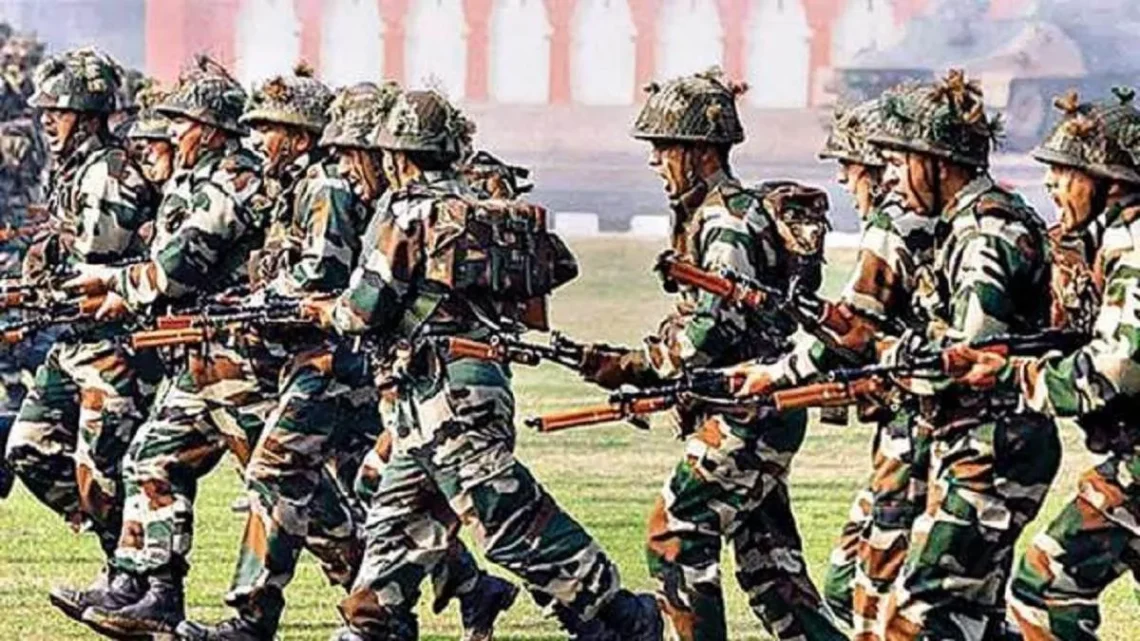
India’s Agnipath Scheme: A Severe Human Rights Violation
August 20, 2024The Agnipath scheme, a new recruitment policy for the Indian Armed Forces, raises significant human rights issues, particularly regarding the treatment and future of young soldiers. Here’s an analysis of its impact:
Under the Agnipath scheme, recruits serve for just four years. After this period, 75% are discharged without guaranteed future employment, leaving many without job security.
The lack of a long-term career path in the military may hinder soldiers’ ability to secure stable employment after their service. This affects their ability to support themselves and their families.
Unlike traditional military service, soldiers under the Agnipath scheme won’t receive pension benefits post-service. This lack of financial security could lead to economic hardship in retirement.
While the scheme aims to reduce pension costs for the government, it transfers this financial burden to the soldiers, denying them the long-term security that pensions typically provide.
With 75% of soldiers discharged after four years, many trained in military skills will return to civilian life without adequate support. This can lead to social unrest and concerns about societal militarization.
The uncertainty and rejection faced by these soldiers may cause psychological stress and anxiety, potentially leading to broader societal issues, as noted by Lt. Gen. Vinod Bhatia.
The scheme emphasizes maintaining a youthful force, but the rapid turnover and lack of experienced personnel could impact the effectiveness and readiness of the armed forces. Experienced soldiers bring valuable knowledge and stability.
The absence of long-term career prospects and financial security could demotivate recruits. A demoralized military workforce may affect their performance and dedication, potentially compromising national security objectives.
To summarize, the Agnipath scheme’s focus on short-term recruitment and lack of pension benefits raises serious concerns about job security, financial stability, and the overall impact on the armed forces and society.

